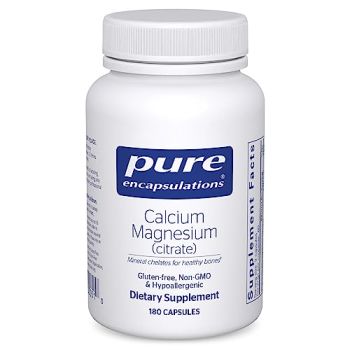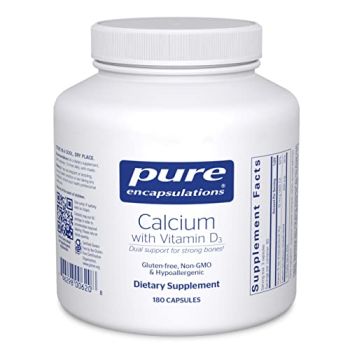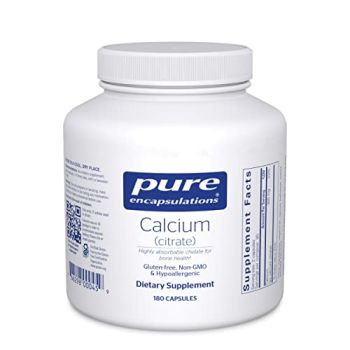Calcium -
Calcium is a vital mineral that plays crucial roles in bone health, muscle function, and nerve transmission. A deficiency can lead to various health issues. Here are some common signs and symptoms: Bone-Related Issues Osteoporosis: Weakening of bones, leading to increased risk of fractures. Bone pain: Aching or tenderness in bones, especially in the back or legs. Muscle and Nerve Problems Muscle cramps: Involuntary contractions of muscles, often in the calves or hands. Numbness or tingling: Sensation of pins and needles, usually in the hands, feet, or around the mouth. Muscle weakness: Difficulty performing tasks that require strength. Other Symptoms Fatigue: Feeling tired or exhausted. Brittle nails: Nails that break easily or become brittle. Dry skin: Skin that is flaky or lacks moisture. Changes in mood: Irritability, anxiety, or depression. How much calcium do I need? The amount of calcium you need depends on your age and gender. Here's a breakdown of the recommended daily intake: Age/Recommended Daily Intake: Teens (14-18) 1,300 mg Adults (19-50) 1,000 mg Adult men (51-70) 1,000 mg Adult women (51-70) 1,200 mg Adults 71 and older 1,200 mg Pregnant and breastfeeding teens 1,300 mg Pregnant and breastfeeding adults 1,000 mg Factors Contributing to Calcium Deficiency Besides a diet low in calcium, several other factors can contribute to calcium deficiency: Medical Conditions Gastrointestinal disorders: Conditions like Crohn's disease, celiac disease, or malabsorption syndrome can interfere with calcium absorption. Kidney diseases: Kidney problems can affect calcium regulation in the body. Thyroid disorders: Hypothyroidism can slow down calcium absorption. Certain medications: Some medications, such as corticosteroids, diuretics, and antacids, can reduce calcium absorption or increase calcium excretion. Lifestyle Factors Excessive alcohol consumption: Alcohol can interfere with calcium absorption. Smoking: Smoking can increase calcium loss through the kidneys. Lack of exercise: Regular physical activity helps maintain bone density and can improve calcium absorption. Excessive caffeine intake: High caffeine intake can increase calcium excretion. Age: As we age, our bodies naturally absorb calcium less efficiently. Dietary Factors High sodium intake: A diet high in sodium can increase calcium excretion. Low vitamin D intake: Vitamin D is essential for calcium absorption. High protein intake: While protein is important for bone health, excessive protein intake can increase calcium excretion. Signs of Calcium Deficiency It's important to consult a healthcare professional if you experience these symptoms. Inform your doctor of any supplements you take. To purchase calcium, scroll down:





